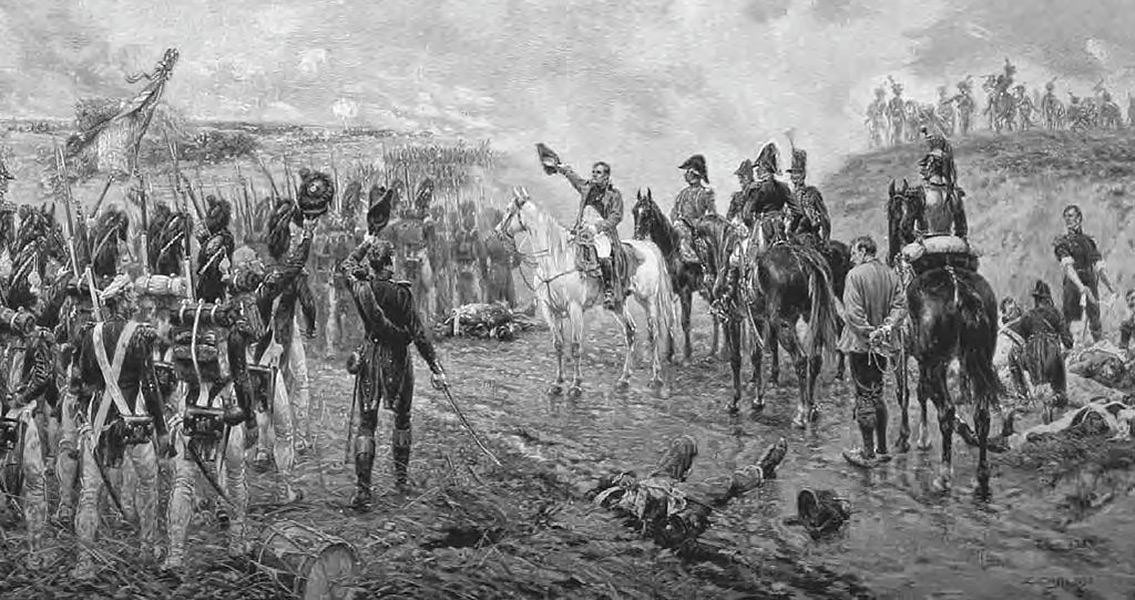<![CDATA[The Battle of Waterloo is one of the most famous battles of the modern era, ending in a bitter defeat for Napoleon at the hands of an allied force of European troops. He consequently lost his status as the French Emperor, and the defeat marked the end of his Hundred Day return from exile. Now, archaeologists plan to excavate a Hougoumont farmhouse, which the Coldstream Guards heroically defended from the invading French armies. The team, led by Professor Tony Pollard of Glasgow University, plans to undertake the most comprehensive excavation ever attempted at the Hougoumont farmhouse and surrounding battlefield. A former Coldstream Guards officer, Mark Evans, who narrowly escaped death in Afghanistan and returned home in 2010 with post-traumatic stress disorder, will also join the team. In excavating the site and journeying into the past of one of the Coldstream Guards' most celebrated victories, he hopes to better cope with his condition. In June 1815 the French army, under orders from Napoleon, was sent to seize the Duke of Wellington's strategic position located around three miles from Brussels, on the Mont St Jean Ridge. Hougoumont, where the farmhouse is located, lay directly beneath the 'Iron Duke's' wartime position, and was intended to serve as an obstacle meant to break apart the advancing French army. The battle reached a perilous climax when some 14,000 French infantrymen were on the brink of breaking into the Duke's chateau compound, and securing victory. However, Corporal James Graham, a 24-year-old Coldstream Guardsman, closed the large gates under heavy fire. Mark Evans stated, "Every guardsman from day one in training is told about Waterloo and Hougoumont and what that means to be a Coldstream Guard. They might not know where Waterloo is but they will know that on that day it was a Coldstream Guard who closed those gates at Hougoumont farm." Evans also noted that the meticulous process of excavating the site could be a cathartic moment for himself, or any other guardsmen. He stated that all soldiers, whether guardsmen or otherwise, "understand what it's like to have been in these kinds of conflict situations." It is both a burden and a source of pride for soldiers who have fought wars, and this excavation is a perfect chance to bring a deeply poignant moment in the history of war back onto the world's stage. The excavation itself will surely be a momentous undertaking, and could serve as a monumental statement of renown and pride for Coldstream Guardsmen of all ages; and for other soldiers as well, whether they are old, young, British or otherwise. This site will function as a reminder for every man, woman and child of the everyday sacrifices made by soldiers during times of war. Image courtesy of Wikimedia commons user: Andynomite ]]>
Archaeologists to Excavate Farmhouse From Waterloo
